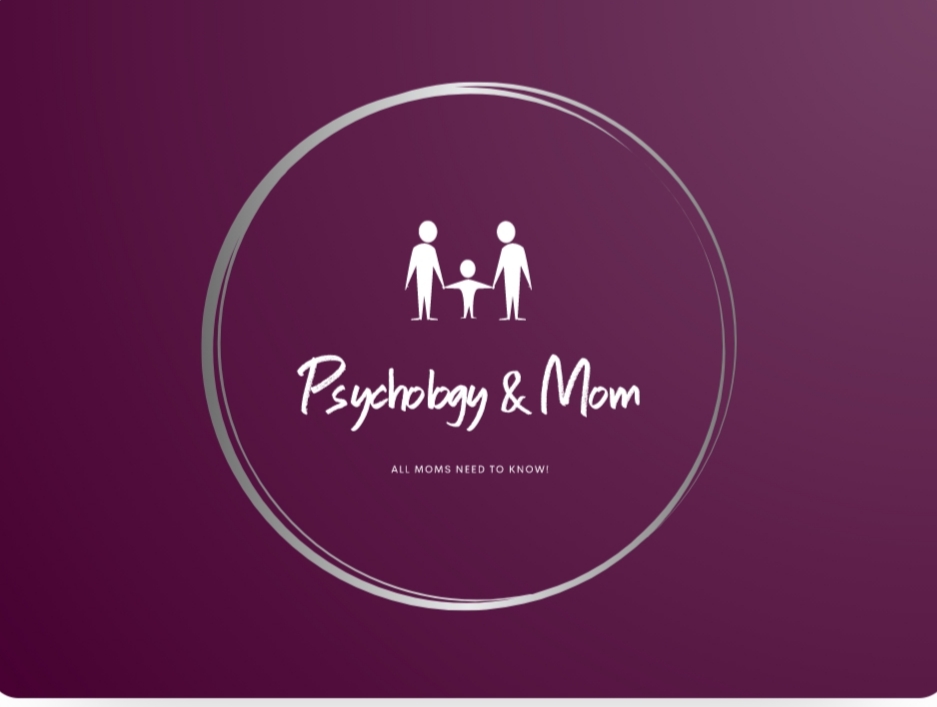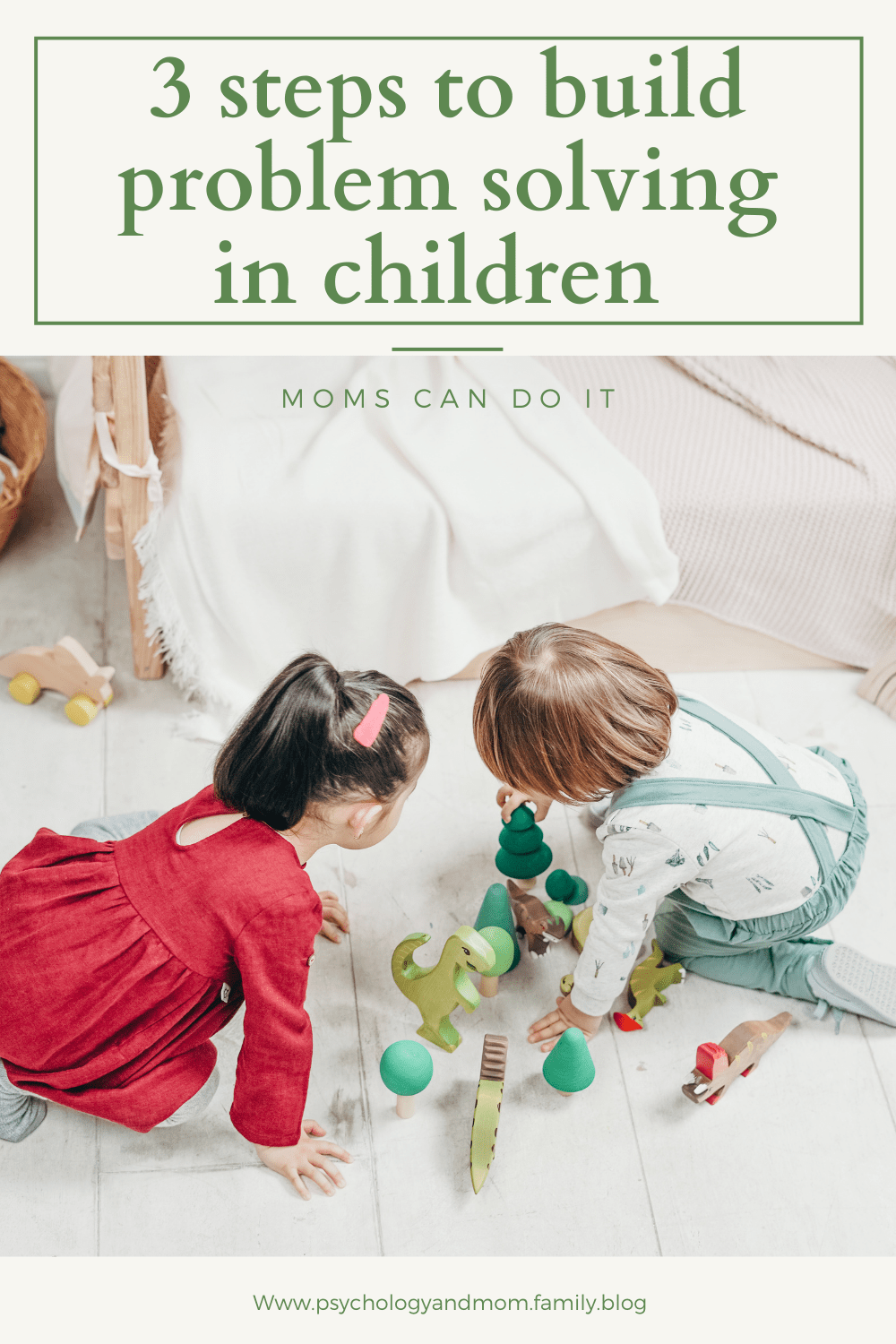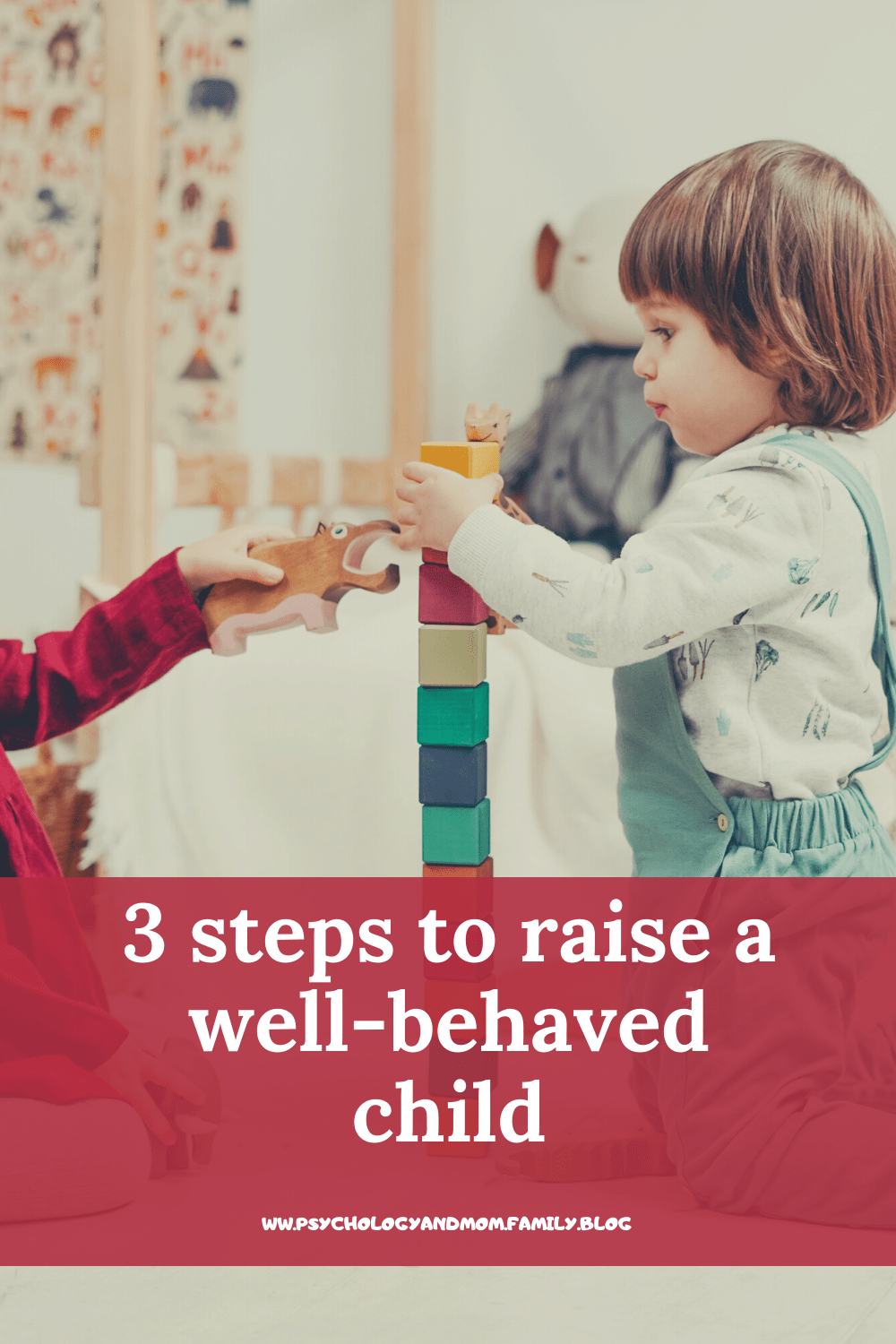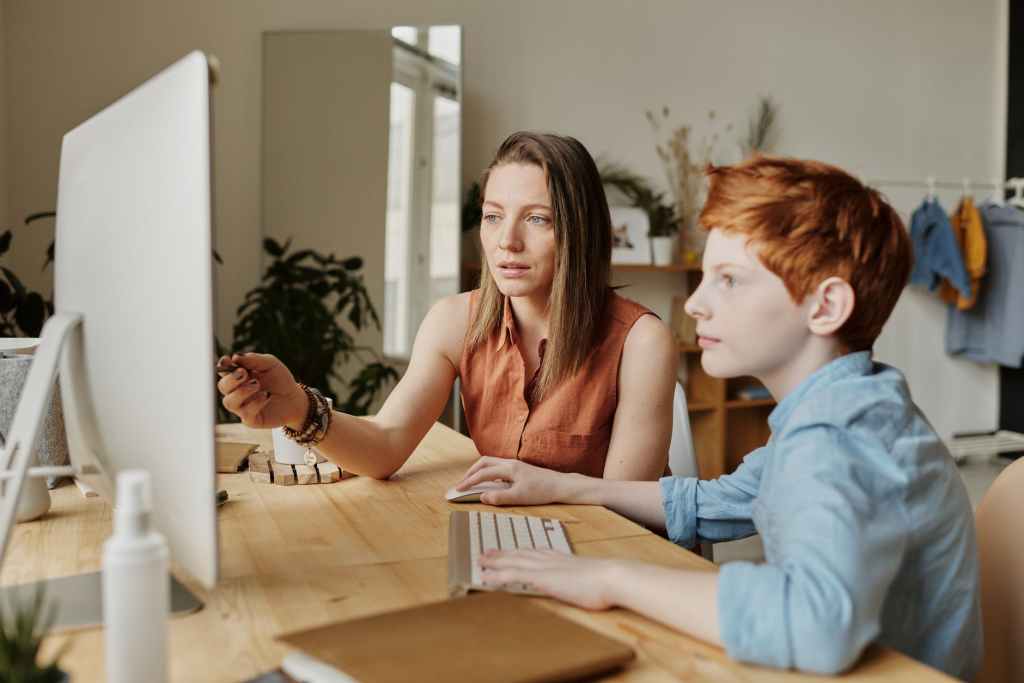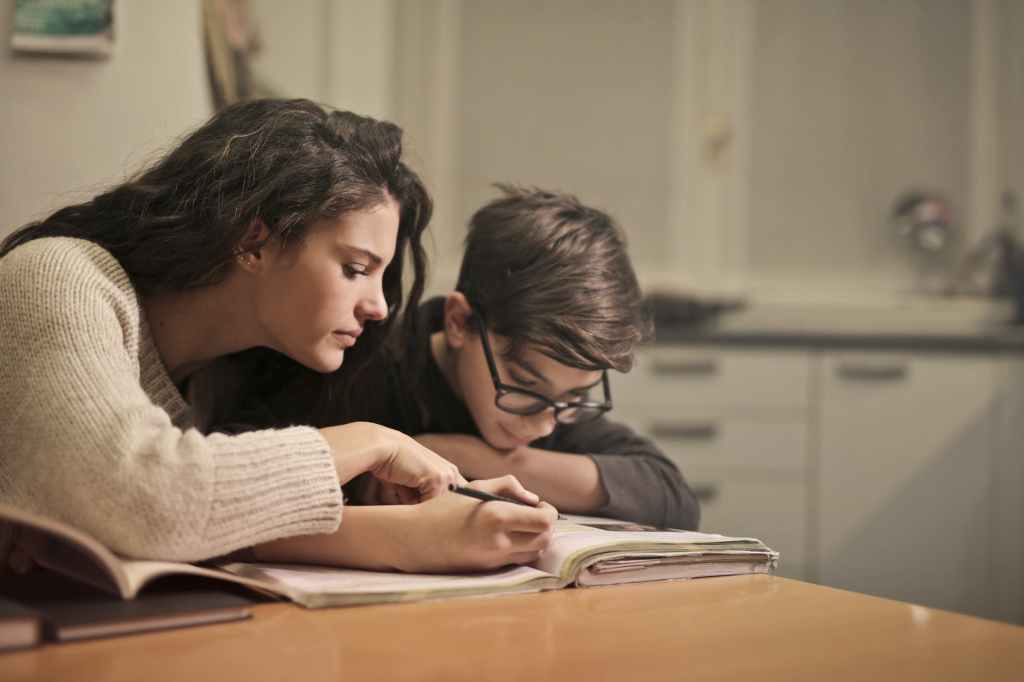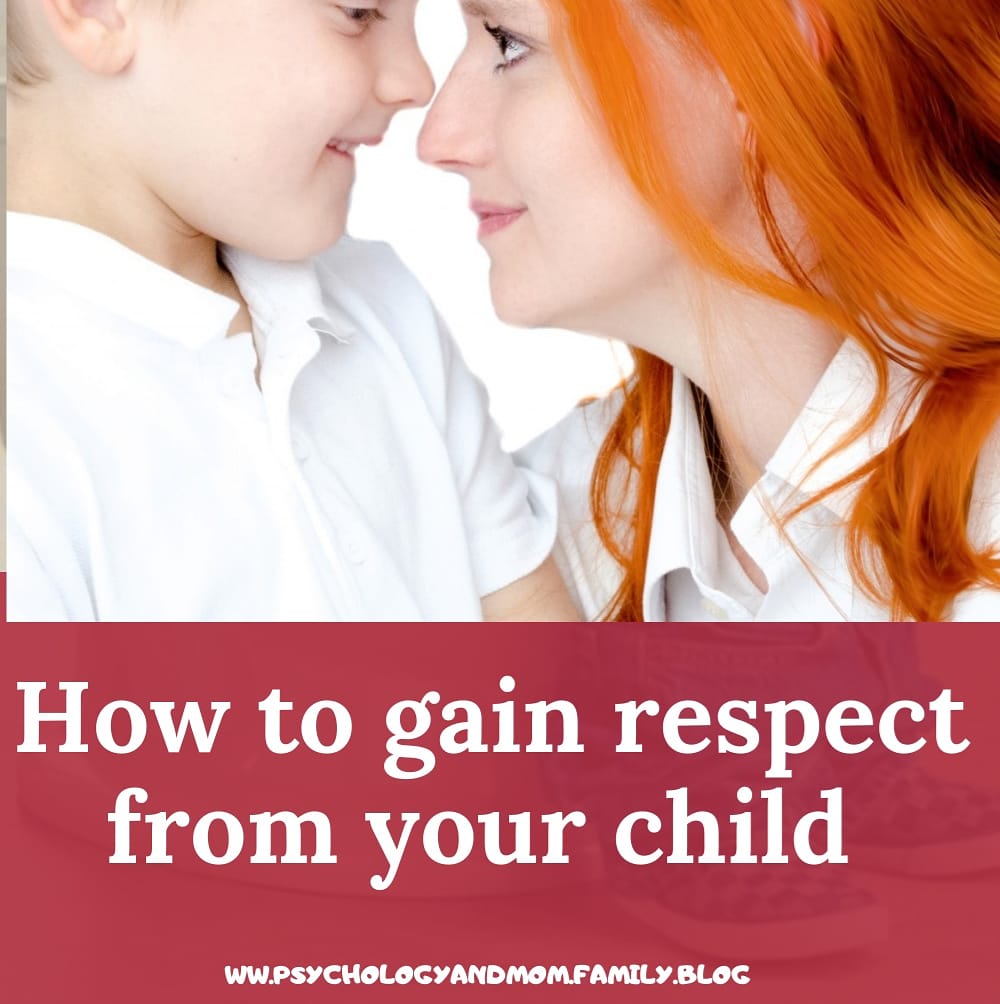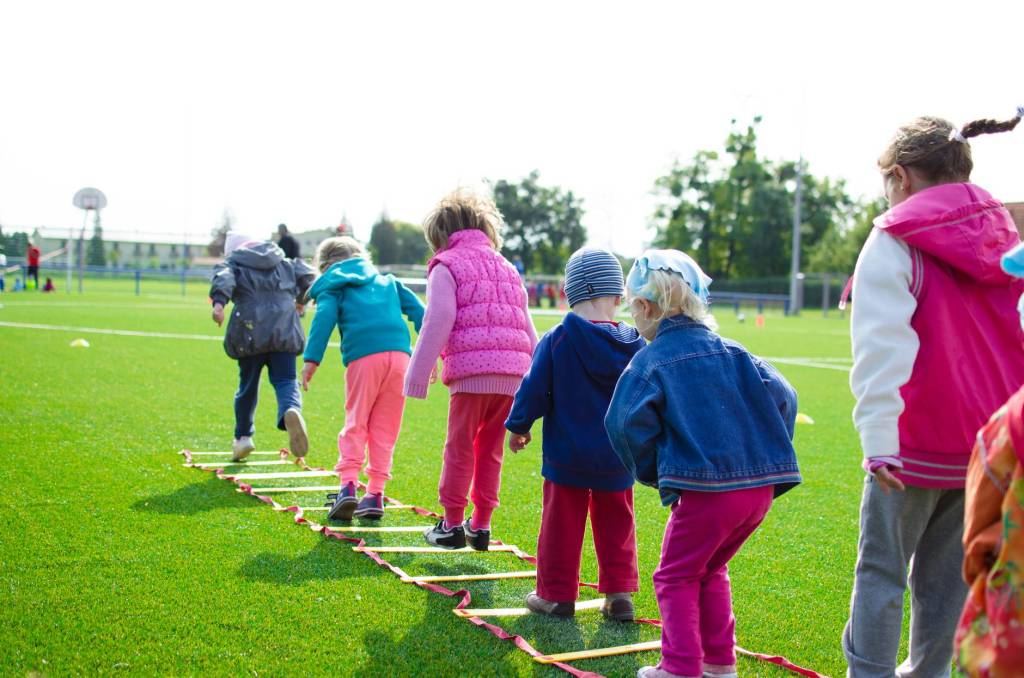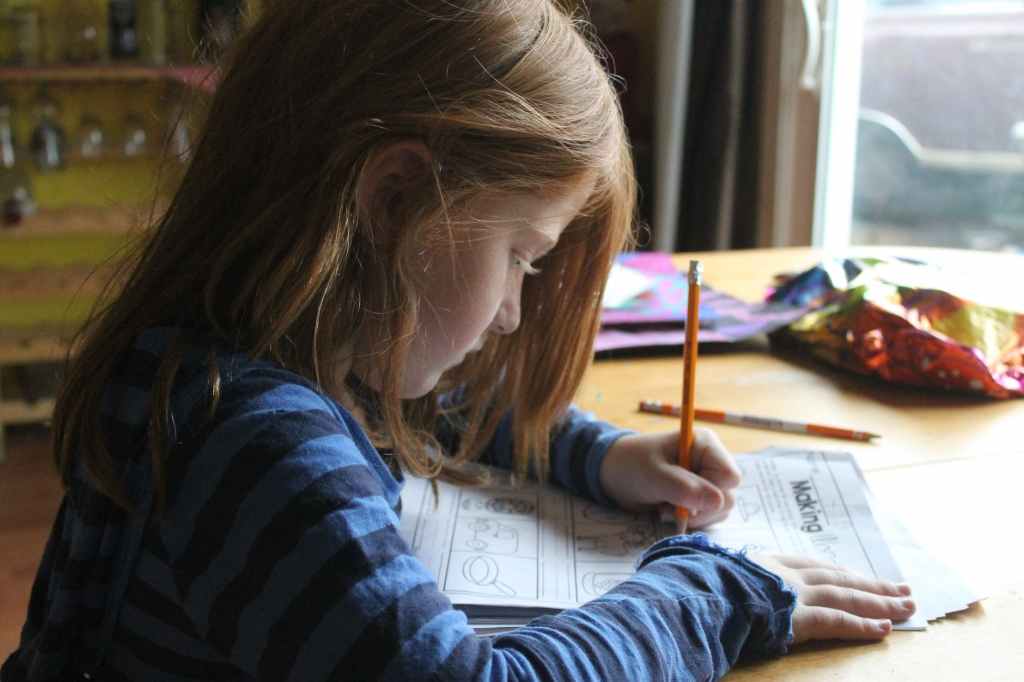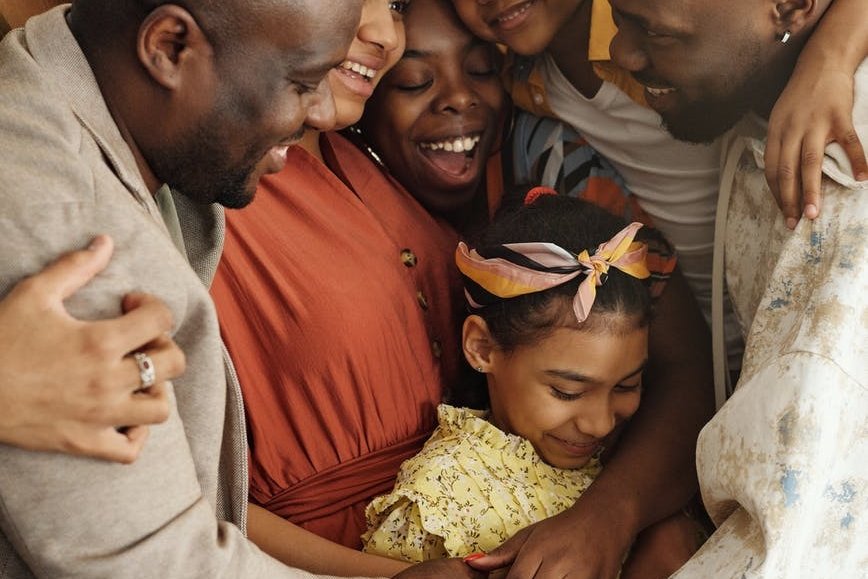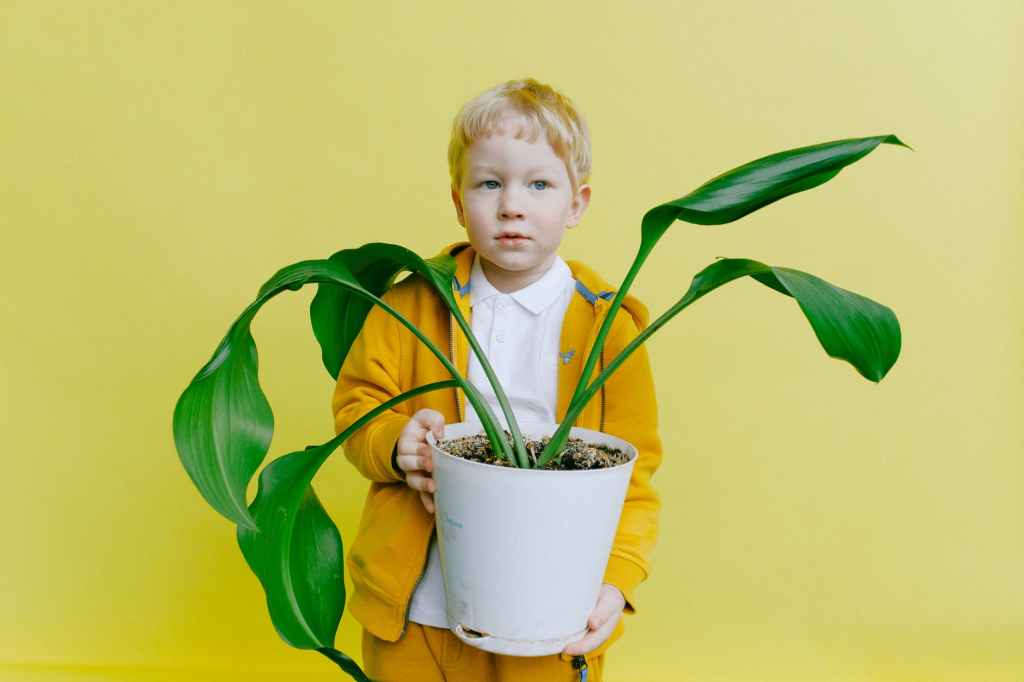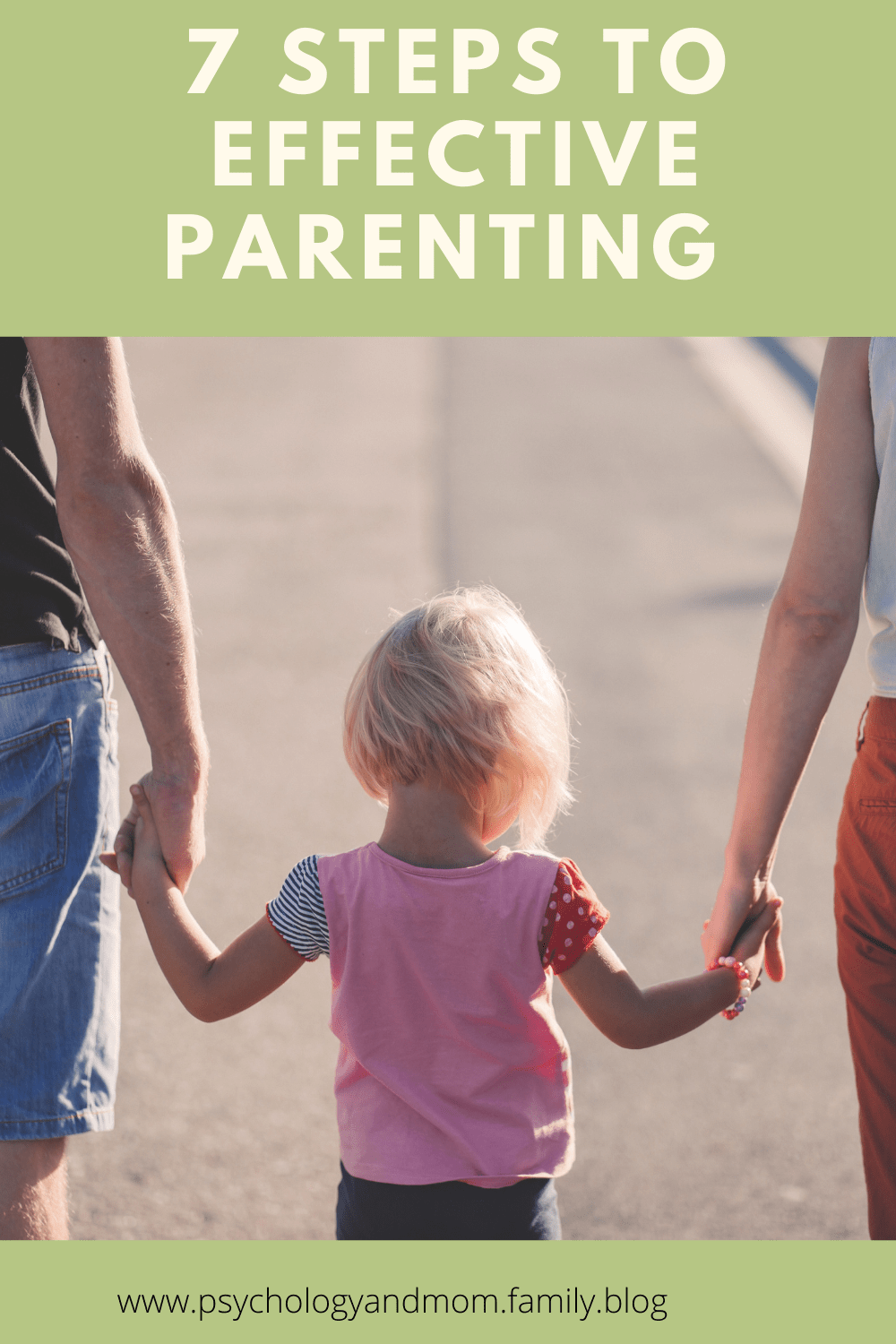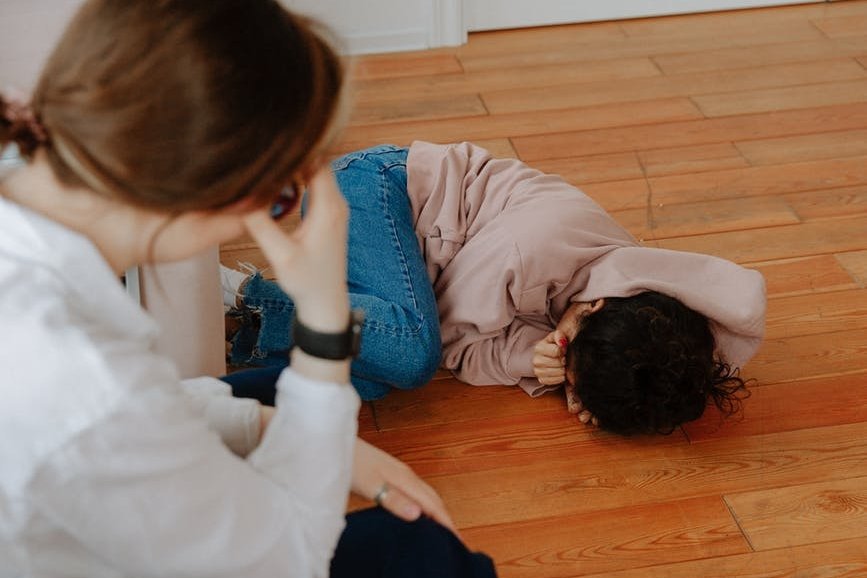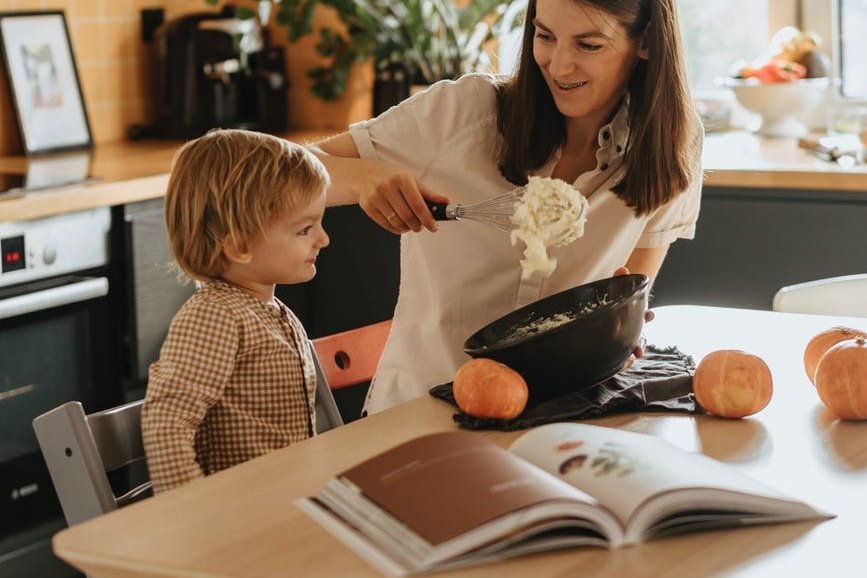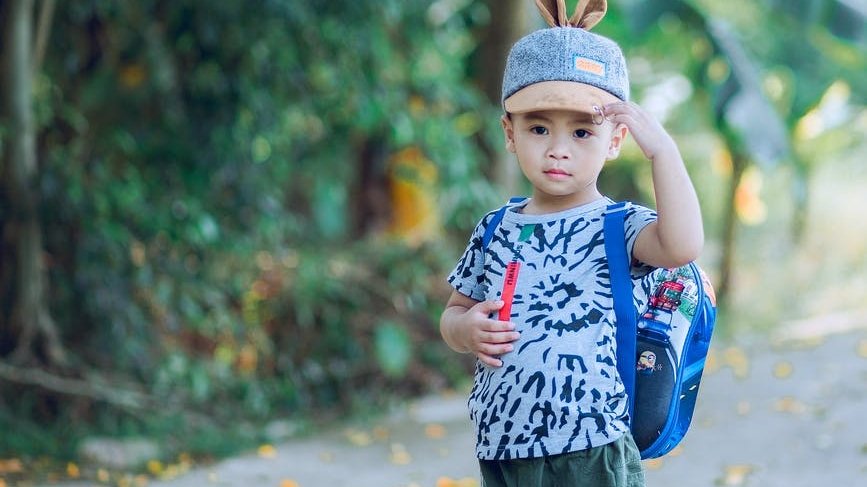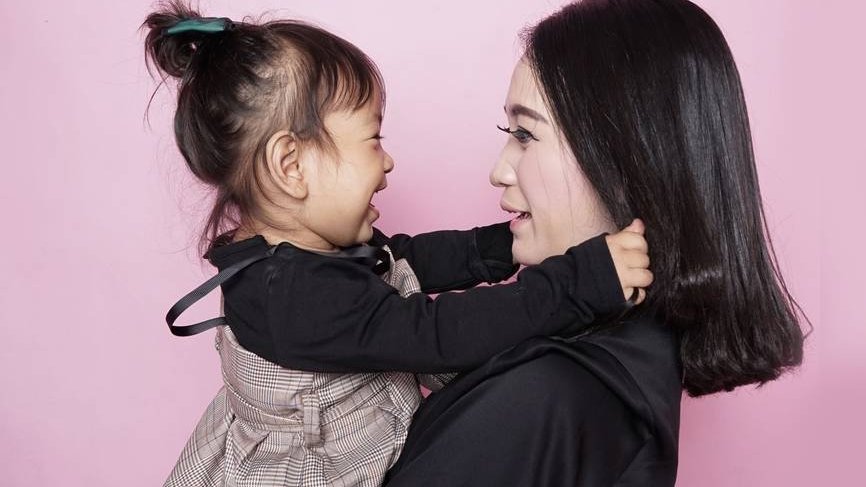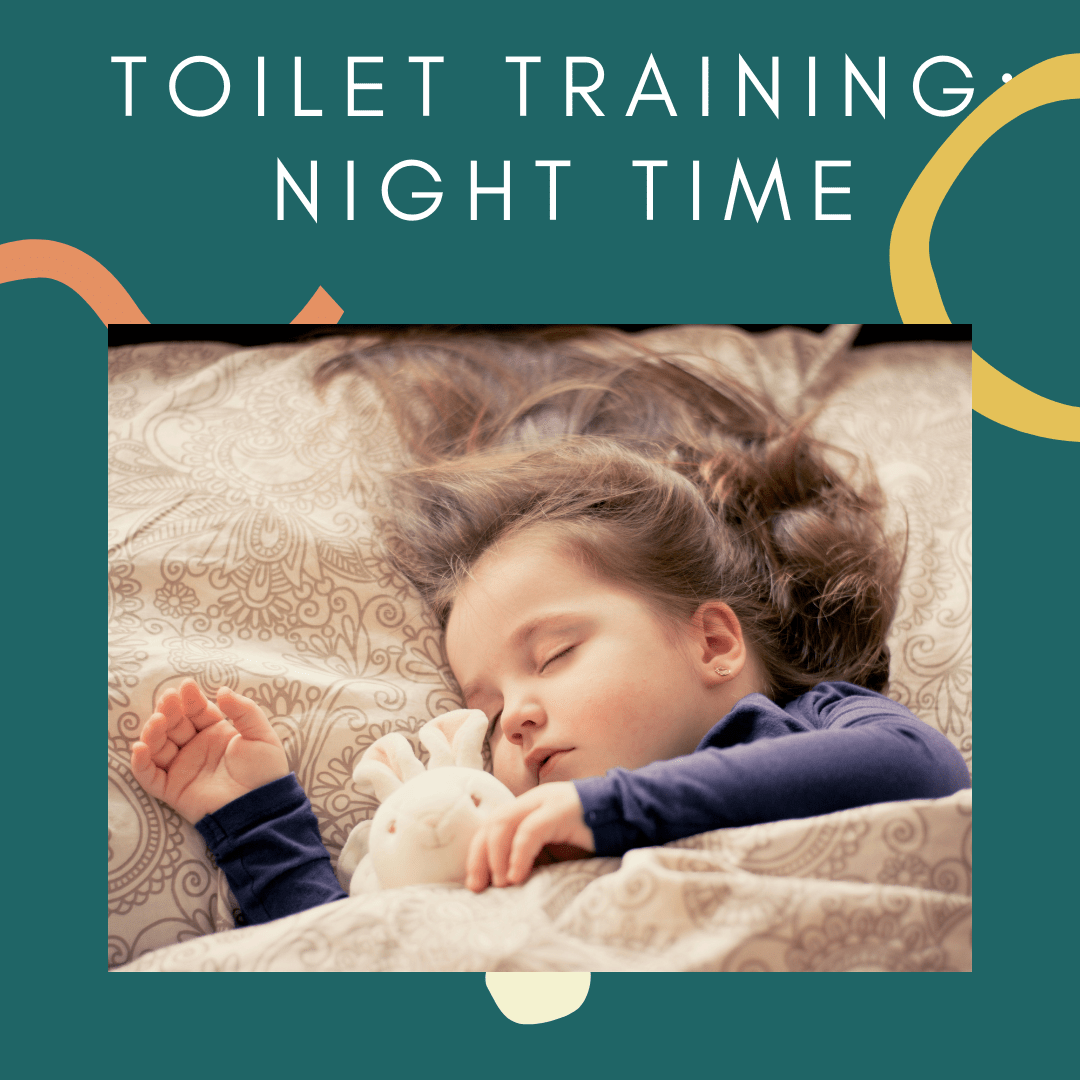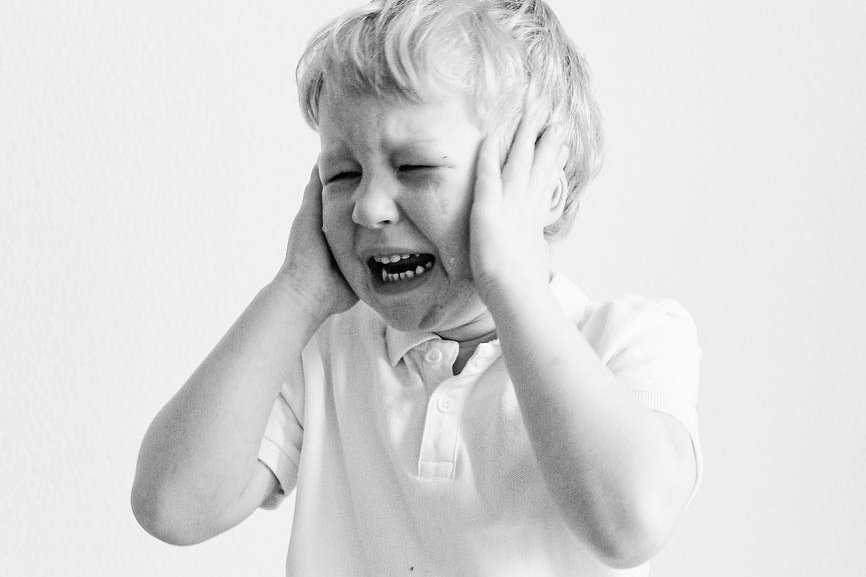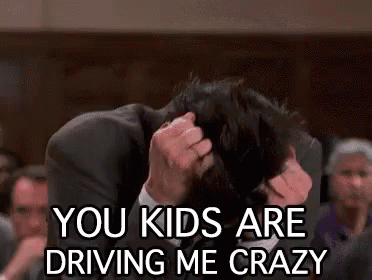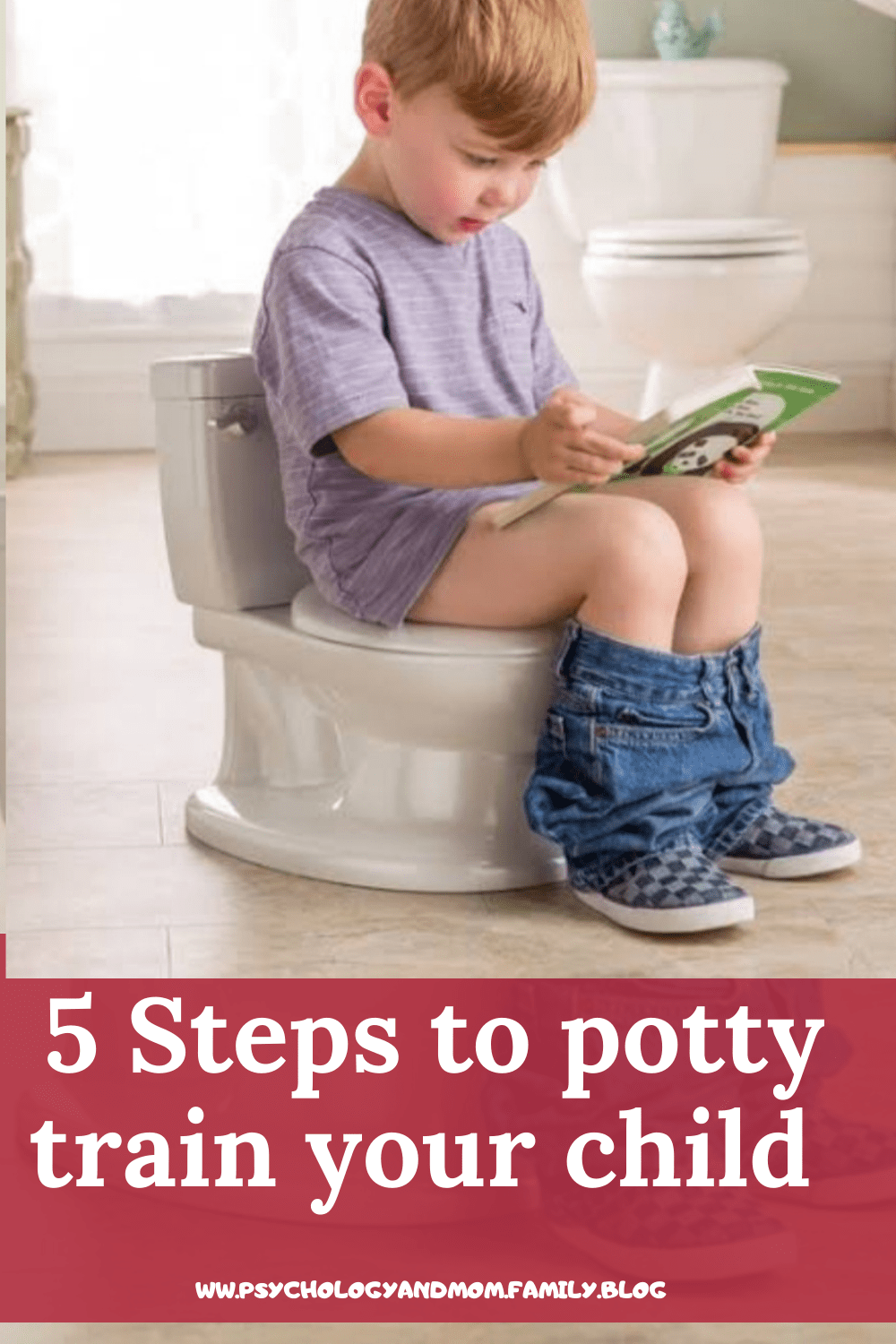Problem solving- its an act in which you define a problem, determine its causes then identify, select and prioritise the alternatives for solution and then apply that solution.
Children are learning on daily basis. They face lot of new situations everyday, it’s not easy for them to tackle with them. They feel powerless and get frustrated because of that.
“When you give children the tools they need to figure things out on their own, they will behave better because they’ll be better equipped to take care of themselves and won’t come screaming to you or act out every time they encounter a challenge,” says Dr. Brooks.
To encourage them solve their own problems and help them develop the skill of problem-solving, I am going to mention some tips:
Decision making:
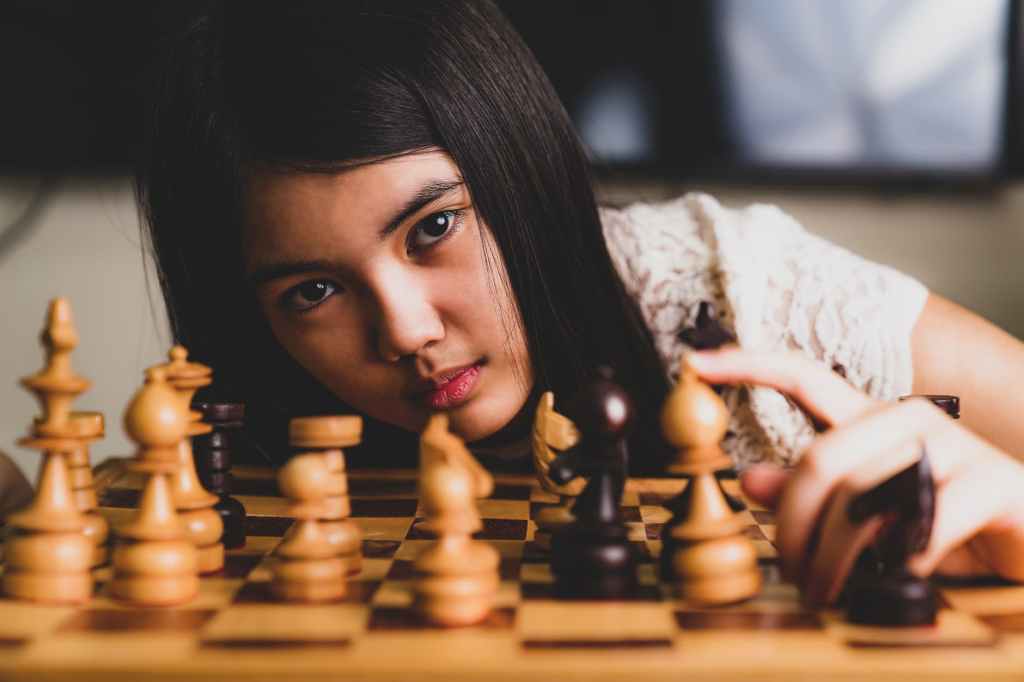
When you feel that your children are now able to understand things, allow them to make decisions on their own.” What do you want for lunch today?”. Level them up slowly in problem solving. Gradually make them decide for themselves also. For example if your child had a fight instead of scolding him ask him how he could have handled it differently. There answers will let you know their abilities of solving a problem.
Put your children in different situations so that they explore them. They will try to find answers, for which they will have to think. Thinking will generate many ideas in their brain, many possible outcomes will come in their mind. Choosing a solution out of many solutions will help them develop decision making skill. Hence more you to exercise their brain by putting them in different situations for asking them different questions, the more their decision making power will get stronger.
Let them do it more than once:
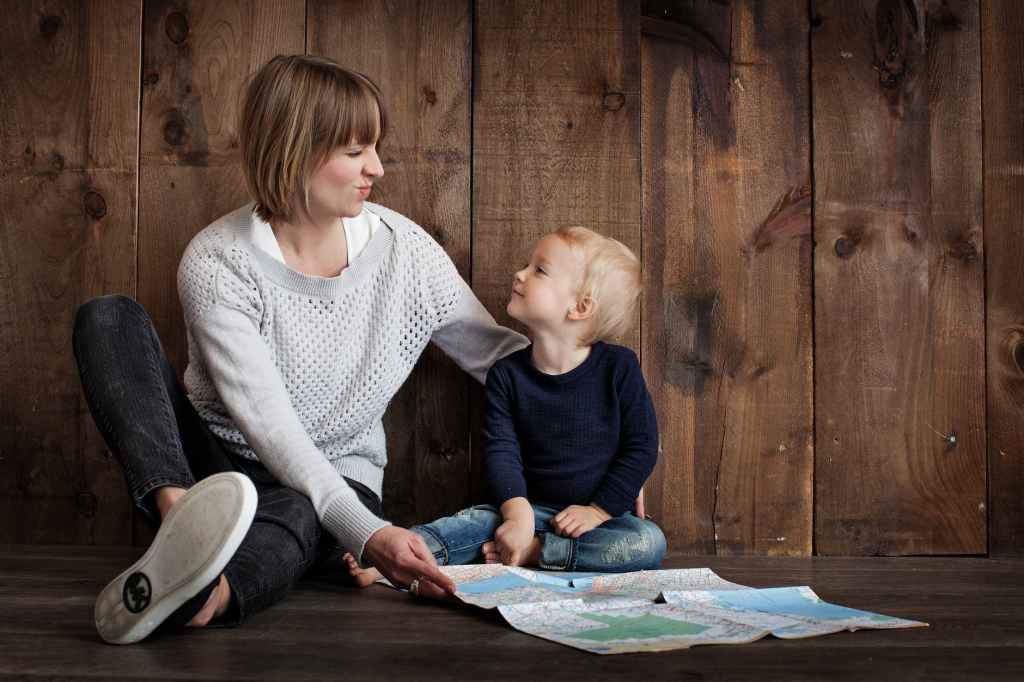
Most of the times, kids ask one thing many times. It’s hard for them to solve a problem by just listening to you once. And even if they actually solve a problem, they might end up doing it wrong. Do not get frustrated let them try again. You can do it more quickly and more neatly but let your kid try again.
“Sure, it’s a lot quicker for you to do everything for them, but it’s important to let preschoolers practice and succeed without your intervention—whether it’s tying their shoes, putting away toys, or sorting socks in the laundry,” says Donna M. Genett, Ph.D., author of Help Your Kids Get It Done Right at Home and at School!
Let them get ready by their ownself. If you think they will get late, wake them up a little early but let them do it on their own. Naturally they will take much more time in the beginning. But as they will get practiced the time will decrease and outcome will become more acceptable. Start making them eat on their own. Don’t worry about them messing up with their clothes. As a parent always set priorities. You can always make them wear a bib or just have one shirt for them for when they eat. But trust me practice makes a man perfect. After a while they will also learn to eat on their own, without messing up with their clothes. Because they mess up with their clothes old take too much time to get ready, you intervene. They won’t be able to enjoy the learning and gradually, they will start depending on you. If they do it wrong tell them to do it again, also help them in the beginning. But slowly stop helping them and give them confidence that whatever they doing, they are doing it right.
Stretch their cognitive powers:

Let them think for the solutions of the problems that they are facing. Mostly, kids ask you how can they do a certain thing? Instead of answering them ask them what do they think about it. Give them hints, let them think out of the box. Your kids will become more confident they will find a solution.
Make them practice different exercises or riddles. You will have to invest a lot of time in the beginning, but after a certain time period they will start solving your problems too (on a lighter note).
Problem solving helps children develop confidence, think out of the box, deal with new situations, be more flexible and know their own worth. And these things will help them grow into a good human being.
